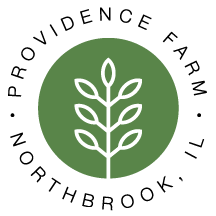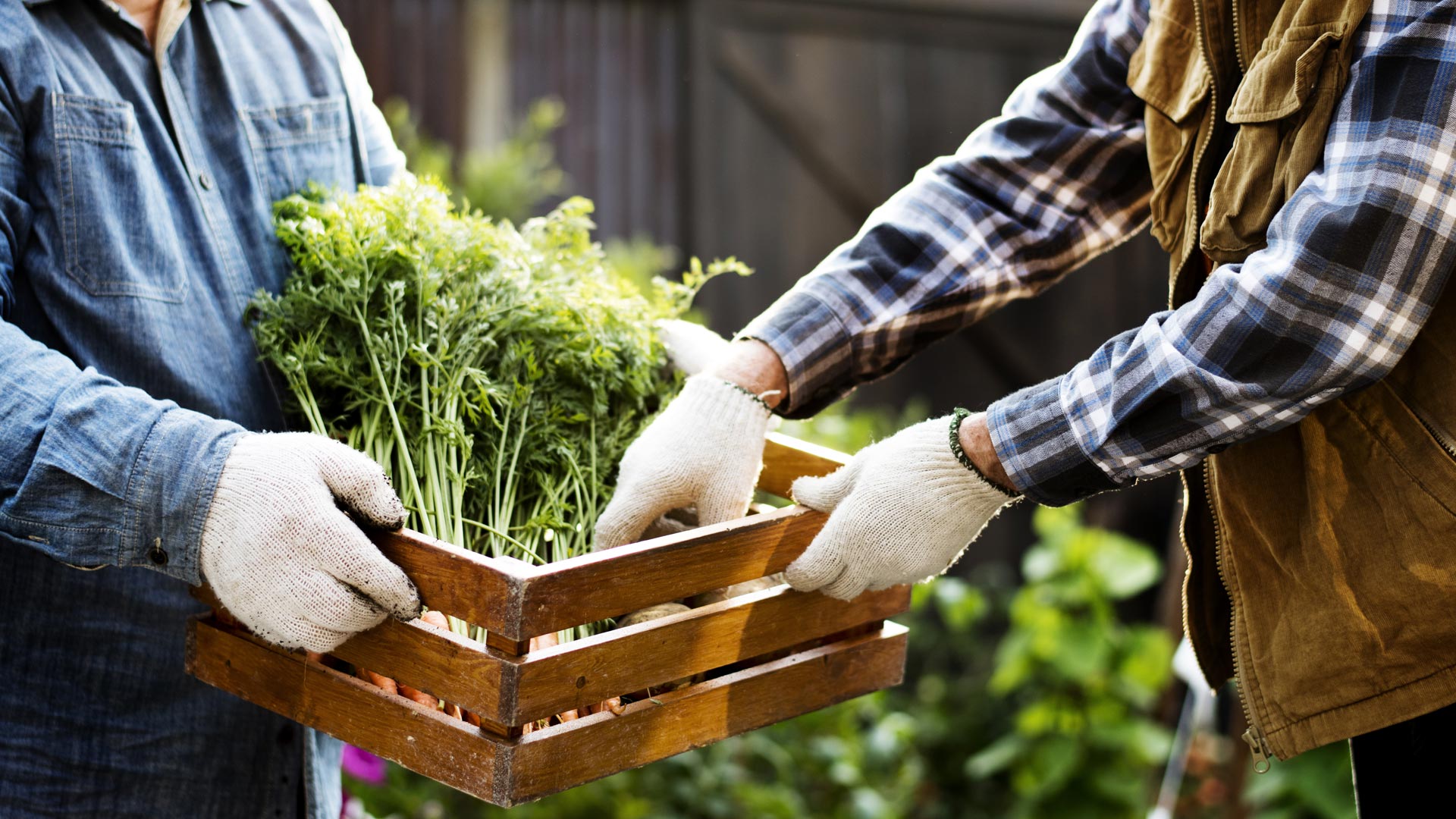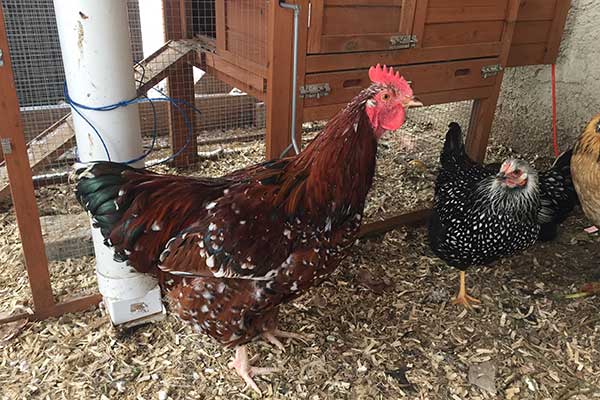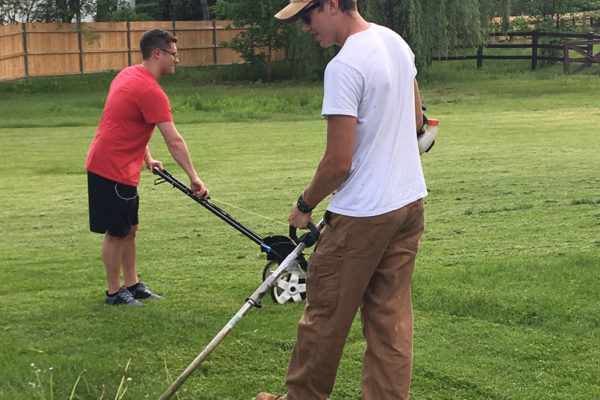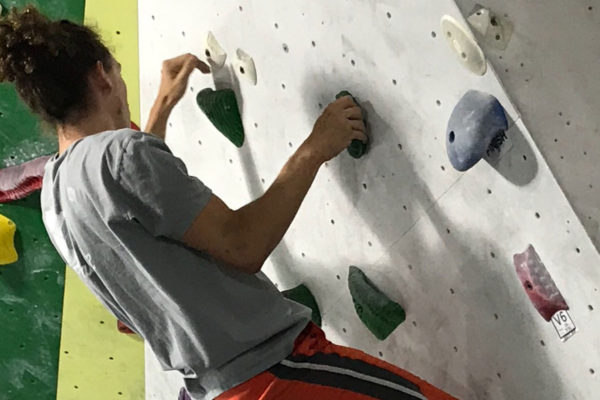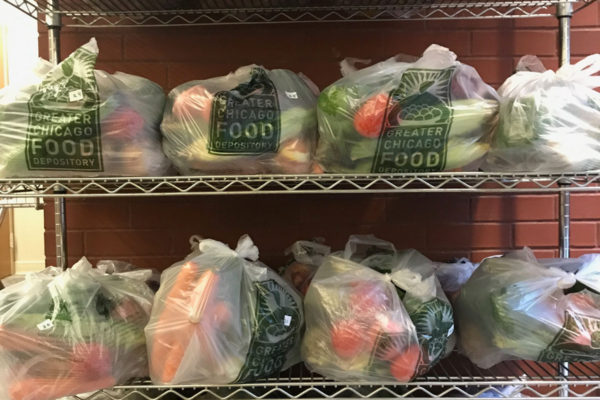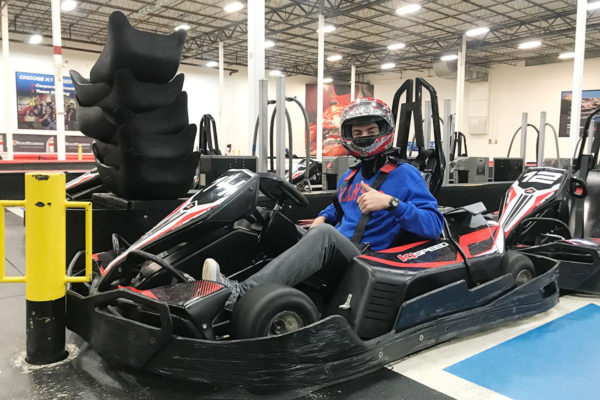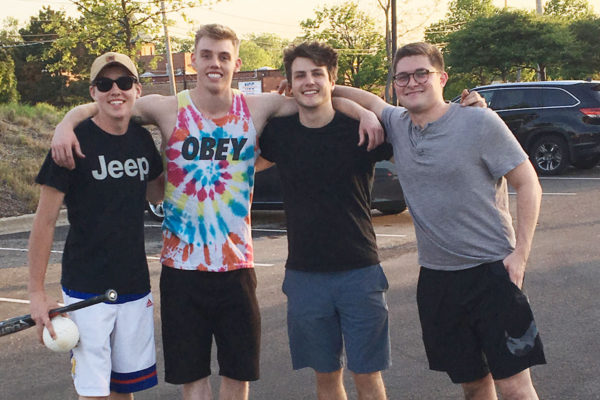Providence men are rich with the support of our supportive community.
As our community supports Providence, we likewise aim to support our community. Providence men are encouraged to develop relationships with our neighborhood senior citizens and may offer shoveling, lawn-mowing, light landscaping maintenance and other community support services.
We believe in being a community that supports our most vulnerable.
We also believe in supporting our communities struggling adolescents. Providence men may speak about recovery at schools, treatment programs and community programming when requested and appropriate. We are role models for a vibrant, recovery lifestyle.
Every resident will arrange their schedule for the upcoming week with the case manager, and will be held accountable to following the goals established for themselves, including wake-up times, number of meetings attended, community service hours, work hours, educational commitments (including homework and tutoring) house chores, exercise, fellowship activities, free time and fun. In the spirit of staying open, willing and teachable, residents in their first months at Providence are required to attend four peer support meetings each week, which may include AA, Smart Recovery, 7 Challenges, NA or Refuge Recovery. Residents who are willing to explore AA are encouraged to secure a sponsor within the first 30-60 days.
Residents who do not yet have work or school commitments will participate in scheduled house activities, including outpatient groups and recovery support activities A wealth of support services complimentary to addiction treatment are offered by volunteers within the surrounding North Shore community.
